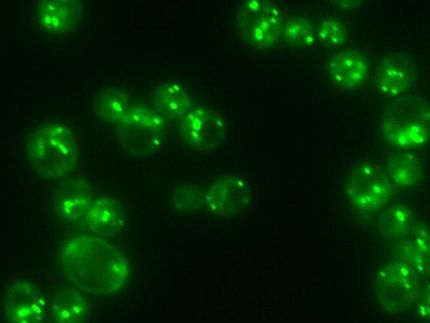JADO reports clinical proof of concept with RAFT modulator in atopic dermatitis
Advertisement
JADO Technologies GmbH, developer of RAFT intervention therapeutics, announced positive results from a Phase IIa clinical trial of its lead RAFT modulator TF002 in patients with severe atopic dermatitis. TF002, a topical formulation of miltefosine, exerts its anti-inflammatory activity via RAFT modulation. RAFTS are sub-compartments in the lipid membrane of cells that play a role in the complex physiological processes, such as immune response.
The randomised, double-blind, active (hydrocortisone) controlled, 17 patient study demonstrated that TF002 met its primary endpoint of significant reduction of inflammation in atopic skin. The anti-inflammatory effect was measured through a highly significant improvement in TIS (Three Item Severity) score after three week treatment. Both TF002 and hydrocortisone achieved an improvement of the TIS score of more than 1.5 which was defined as being clinical efficacious. This result correlates to significant anti-inflammatory effects and clinically relevant efficacy on atopic dermatitis skin. TF002 appeared to have longer-lasting effects in a 4 weeks follow-on examination and did not induce skin atrophy compared to hydrocortisone, which was measured as a secondary outcome. TF002 showed a trend of reducing total number of mast cells.
"This study demonstrates clinical proof of concept for our lead RAFT modulator product TF002 and validates the RAFT based novel mode of action. It encourages us to move ahead with its development. We are now in the process of reformulating the product so that more of the active and less irritable compound is available to the outer layers of the skin, an area where mast cells congregate most. The plan will then be to retest TF002 in placebo and active controlled studies of diseases such as atopic dermatitis where mast cell activation plays a key role," Charl van Zyl, CEO of JADO Technologies stated. "We believe that targeting RAFTS in allergic diseases could potentially lead to effective new treatments without the side effects commonly seen with currently available therapies."






















































